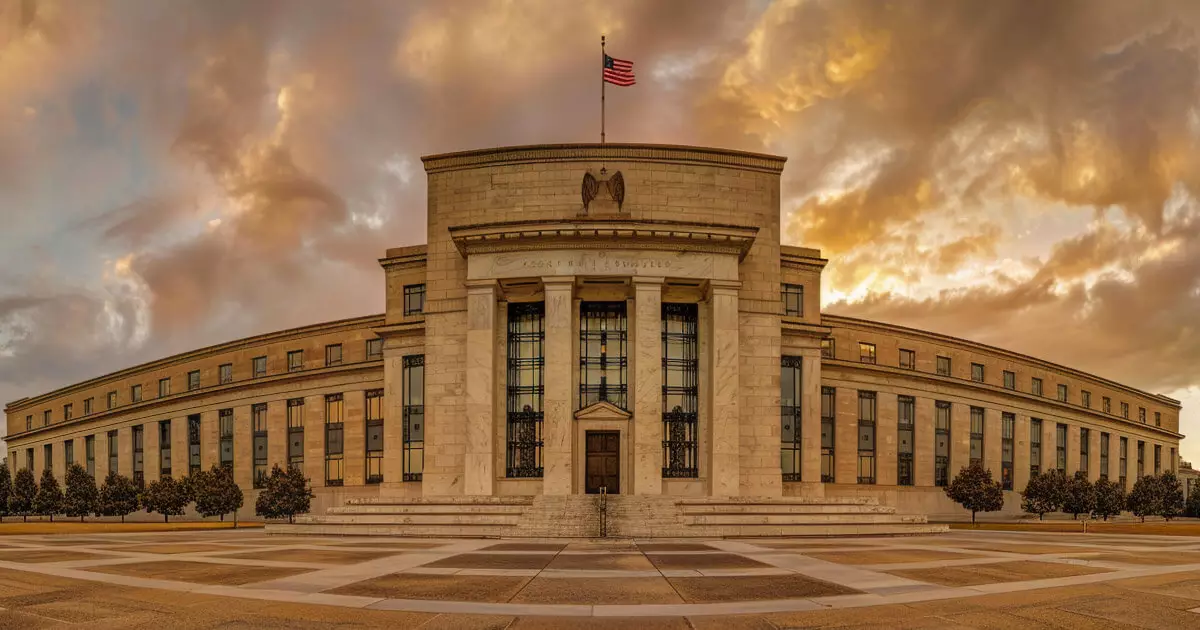In a landscape where innovation should thrive, the recent actions of the U.S. Federal Reserve raise eyebrows and questions regarding their commitment to fostering a fair financial environment. Caitlin Long, CEO of Custodia Bank, has been vocal in her critique of the Fed, highlighting how their current policies embrace corporate favoritism while masquerading as reform. It’s troubling to see a regulatory body that should ideally steer towards promoting financial equity instead entrenching the power of large banks, to the detriment of a burgeoning crypto ecosystem.
The Fed’s Clever PR Curtain
Last week, the Fed announced the rescinding of several restrictive crypto policies, which was initially seen as a step toward regulatory easing. However, the devil is in the details. Amidst this supposed progress, the Fed maintained a crucial policy crippling banks’ ability to engage with cryptocurrencies. This contradiction is indicative of a broader problem: the Federal Reserve’s willingness to play an elaborate public relations game that detracts from genuine systemic change. In a well-crafted narrative, they manage to extract compliance from innovators while sustaining the status quo that serves large financial institutions.
Blocking True Innovation
What remains particularly concerning is the prohibition on banks holding cryptocurrencies to cover even minor transaction fees. This policy places insurmountable technical barriers for banks attempting to offer effective digital asset services. By enforcing such restrictions, the Fed not only hinders innovation but places smaller institutions and innovators at a distinct disadvantage, forcing them to navigate a complex and cumbersome regulatory landscape. Instead of creating an environment where decentralized finance can flourish, the Fed seems more inclined to usher in a monopolistic model controlled by a select few entities.
The Rise of Private Blockchain Solutions
Long has made the alarming observation that the Fed appears to favor private blockchain solutions, inadvertently shooting down public cryptocurrencies in the process. This development is troubling for advocates of financial decentralization who envision a landscape populated by alternative networks unencumbered by the influence of large banks. There’s an inherent risk in allowing the largest institutions to dictate the cryptocurrency playbook, as they can mold innovations that serve their interests while stifling those that challenge their dominance.
Call to Accountability
Senator Cynthia Lummis echoes this sentiment as she urges accountability from Fed Chair Jerome Powell and his crew. The implications are vast and extend far beyond market manipulation; they raise questions about the long-term vision of our financial architecture. As Lummis aptly put it, the Fed’s recent actions appear to be mere “lip service,” a sugary coating over a fundamentally flawed policy approach. The specter of reputational risk looms large, as the Fed continues to place stringent regulations on digital assets, branding them as threatening and “unsafe.”
In a world where technological advancement is constant, the stance of the Federal Reserve could stifle growth and innovation across an entire sector. It’s essential that we remain vigilant and demand an environment where all players—big and small—can operate equitably in the face of evolving financial landscapes.

